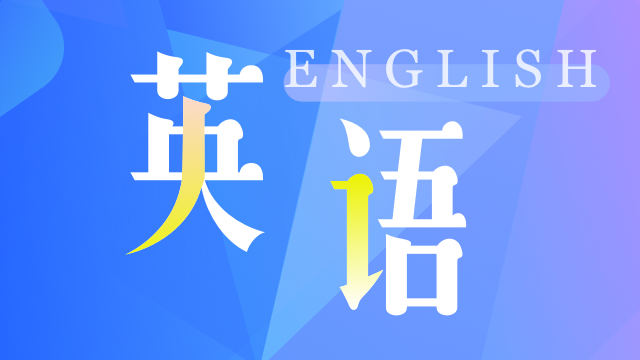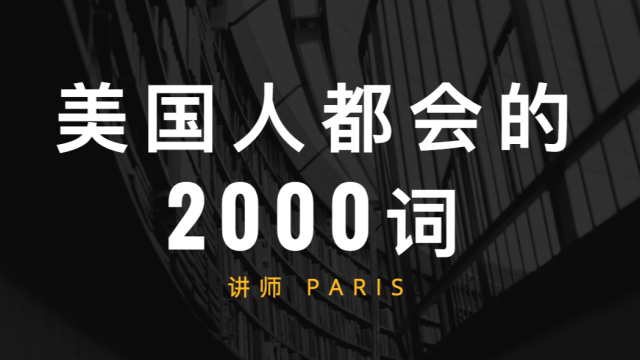每周詞匯精選:BANG
作者:Learn American English Online
來(lái)源:看東西
2015-07-14 11:33
When you hear a loud sound, you can use the word “bang” to describe it.
當(dāng)你聽(tīng)到一聲巨響時(shí),你可以用“bang”來(lái)描述它。
The firecracker went off with a bang.
鞭炮“砰”的一聲炸開(kāi)了。
Ten seconds after lighting the fuse there was a bang.
點(diǎn)燃導(dǎo)火線十秒鐘后發(fā)出了“砰”的一聲。
Did you hear that bang?
你聽(tīng)見(jiàn)那“砰”的一聲響了嗎?
Where did that bang come from?
那響聲從何而來(lái)?
There was a loud bang from a gun.
槍發(fā)出了一聲巨響。
A gun goes bang bang.
一把槍“砰”地開(kāi)響了。
Stop that banging!
別再發(fā)出“砰”聲了!
The event kicked off with a bang. (Sometimes a bang is an activity.)
這場(chǎng)比賽由中線開(kāi)球開(kāi)始。(有時(shí)候“bang”表示一項(xiàng)活動(dòng)。)
When this word is used as a verb, it means that someone or something is hitting an object. This produces noise or damage.
當(dāng)“bang”用作動(dòng)詞時(shí),意為“猛擊”“猛撞”,并且伴隨著巨響或破壞。
Maria banged into another car in the parking lot.
瑪利亞在停車場(chǎng)撞了另一輛車。
Someone is banging on the door.
有人在撞門。
The police banged on the door and ordered the people inside to open up.
警察猛擊大門并要求里面的人開(kāi)門。
If you bang on a window too hard, you might break it.
如果你太用力去撞一扇窗戶,你可能會(huì)打破它。
- 相關(guān)熱點(diǎn):
- 美劇詞匯精講
- 事實(shí)英文怎么說(shuō)











